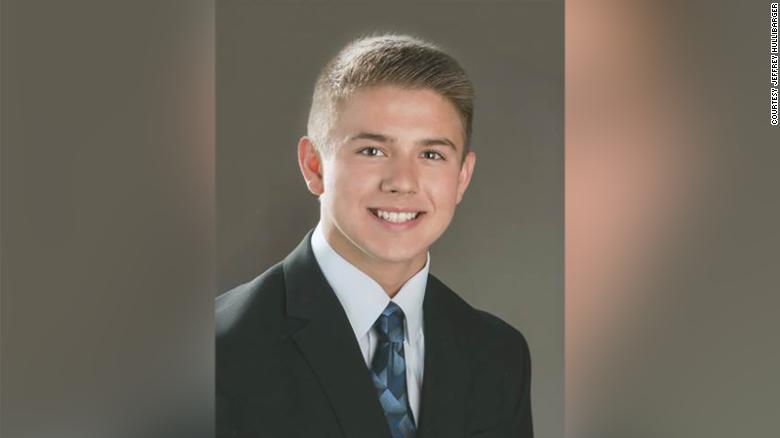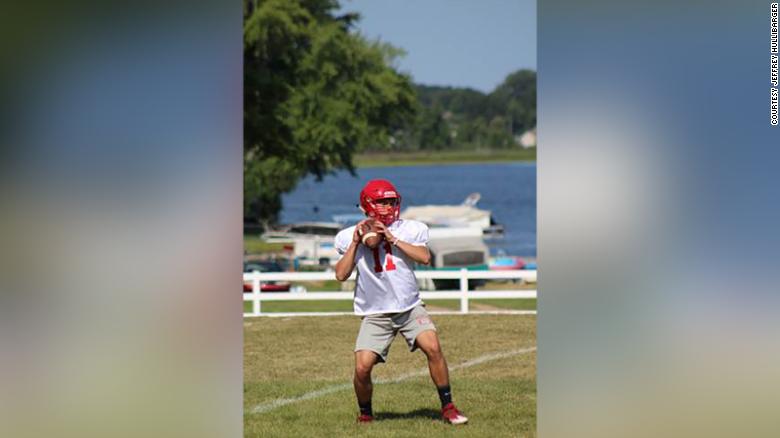![]()
It’s a time of joy, is Christmas — overwhelmingly so — while also a time of reckoning.
At this moment in the history of our Church, the reckoning, the purification, the dismantling of pride, looks like it has a way to go, that it will continue and in some ways perhaps intensify.
This can mean cleansing at the same time that it raises the spectral possibility of persecution, which brings more cleansing yet.
Is it indicated in the news?
We see, for example, a report last week in The New York Times — no friend of Christianity, although objective in some of its reporting — that bore the headline: “Lists of Priests Accused of Sexual Abuse Are Spilling Out Across the Country.” Accurate enough. Said with no malice.
A few days later — yesterday — was a similar but more ominous report in USA Today: “Law enforcement officials from up to 45 states have sought assistance from Pennsylvania authorities in pursuit of alleged misconduct by Catholic priests and related efforts to conceal that abuse by the church, Pennsylvania Attorney General Josh Shapiro said. Shapiro, in an interview, said the surge of outside inquiries has come just in the past four months since a landmark state grand jury investigation found that more than 300 ‘predator’ priests had abused at least 1,000 victims across six decades.”
![]()
“Forty-five states” translates as: get ready, at least locally, for months or years more of headlines. From Australia was news that a cardinal, one who was thought to be a standard-bearer of orthodoxy, was found guilty of abusing boys (although there are questions about that).
Will it eventually break down Catholicism in an almost apocalyptic way, or will it, the stories, eventually lose newsworthiness through sheer repetition?
Perhaps, through prayer, the latter will occur — but in the meantime, how our good Catholics, our good deacons, our good priests and bishops suffer. How Christ does. Christmas can’t come soon enough.
The situation is not alleviated when, as also occurred last week, a priest in the Detroit area delivers a funeral homily for a college man who committed suicide and preaches not about healing but on the badness of the act — how those left behind will suffer, how the boy may have difficulty attaining Heaven.
The priest made some very valid points — but at the boy’s funeral, with his parents, five brothers and sisters, friends, and other relatives in deep shock and mourning?

It was so distressing the father went to the pulpit and begged the priest to stop, but the pastor went on without missing a beat (and was subsequently disinvited from the gravesite send-off).
The parents, who have five other children, were devastated. The media ran with it as another example of a Church out of touch, a Church that as with abuse, was callous and arrogant toward laity.
And indeed: it is very difficult to understand how, in this circumstance, a priest would not see the pain he would be inflicting, that he would be so distant from the flock and full of the pride of judgmentalism so as not to appreciate the anguish, that he would not exercise mercy.
 The danger of judging others came into sharper focus yet when one learned that the boy, Maison Hullibarger, had been a straight-A student as a freshman at the University of Toledo, had a great impact on those who knew him, and had been a star linebacker on his high school football team.
The danger of judging others came into sharper focus yet when one learned that the boy, Maison Hullibarger, had been a straight-A student as a freshman at the University of Toledo, had a great impact on those who knew him, and had been a star linebacker on his high school football team.
The reason being a football player is relevant is because head injuries — concussions — are occurring at an alarming rate at all levels of contact football, and concussion, which is a nice way of saying a bruised or damaged brain, can lead to suicide (and other forms of violence).
It’s known as “CTE” (for chronic traumatic encephalopathy) and was discovered, in part, by a very devout Catholic doctor.
Brain scans of professional football players show that a tremendous percentage of them had this injury to one degree or another, including athletes who committed suicide or murder — such as former Boston Patriots tight end Aaron Hernandez, who not only murdered people but in the end hung himself. An autopsy revealed severe C.T.E.
Thus, be careful judging!
 The priest also was speaking contrary to what the Catechism says about suicide, which is that while it is gravely wrong — contrary to love for the “living God,” and contradicts our very natural inclination — and while those who have attempted suicide speak of finding themselves in a place of utter darkness (and also, while we too often canonize during eulogies) — God alone can judge.
The priest also was speaking contrary to what the Catechism says about suicide, which is that while it is gravely wrong — contrary to love for the “living God,” and contradicts our very natural inclination — and while those who have attempted suicide speak of finding themselves in a place of utter darkness (and also, while we too often canonize during eulogies) — God alone can judge.
“We should not despair of the eternal salvation of persons who have taken their own lives,” says the Catechism of the Catholic Church. “By ways known to him alone, God can provide the opportunity for salutary repentance. The Church prays for persons who have taken their own lives.”
The priest was telling it like he saw it, and spoke certain truths, but the archdiocese was forced to issue an apology and has prohibited the priest from delivering homilies without review by a “mentor priest.”
The real homily was given by the devastated parents, who in their send-off said, “Our family’s message for you today: Please be kind to one another. Reach out to those you care about. Show sincerity in your actions. And love forever, unconditionally.”
